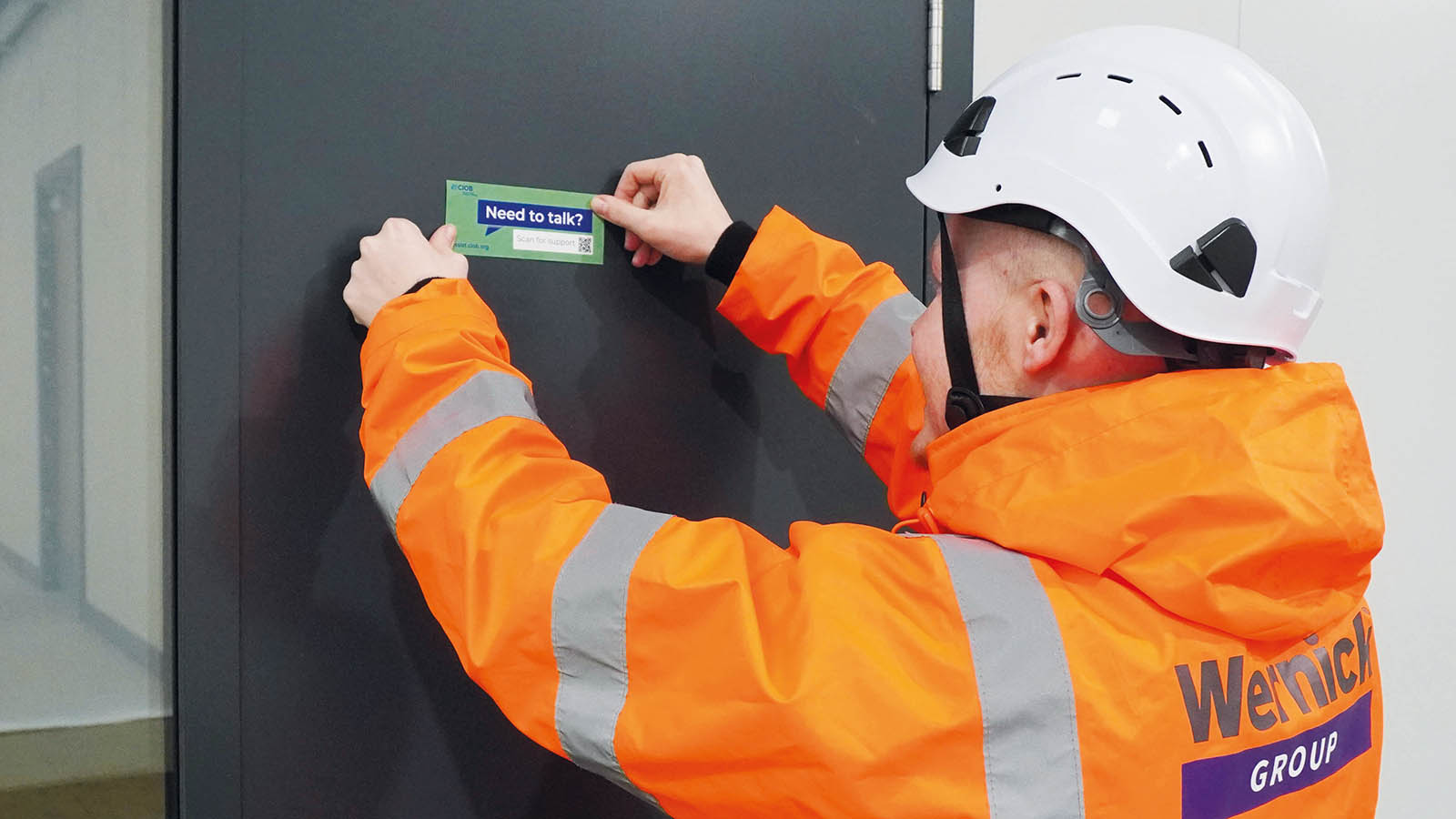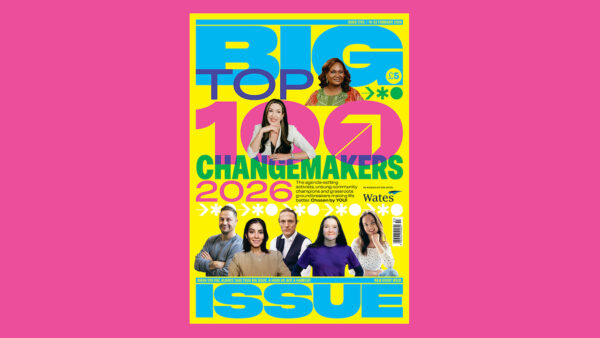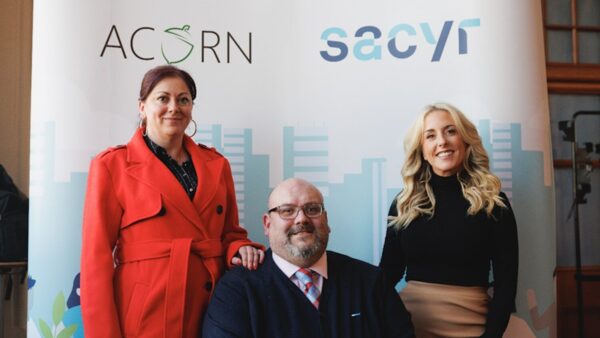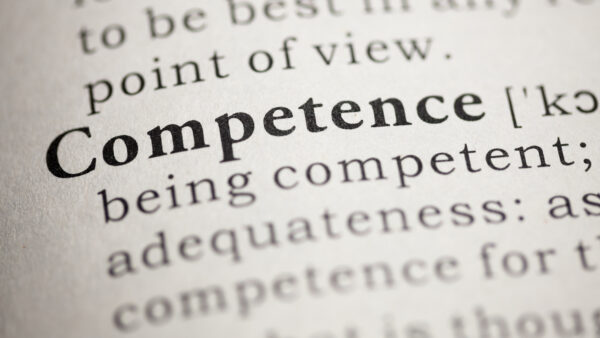
More than 20,000 stickers with QR codes have been fitted on welfare cabins across the UK to help support mental health.
Construction has a mental health problem. That’s not news. What is news is how little is done about it, especially in a sector where suicide claims more lives than falls from height. For an industry so focused on physical risk, why do we still treat mental wellbeing as an optional extra?
That’s the issue portable building specialist Wernick and CIOB are tackling head-on. Together, we have launched a discreet but effective initiative to embed mental health support directly where it’s needed: on site, in the welfare spaces used every day.
More than 20,000 stickers, each printed with a QR code (below) linking to the confidential CIOB Assist platform, have been produced and distributed. They’re now being fitted into welfare cabins across the UK by Wernick Hire, which delivers up to 3,000 units a month. The potential reach? Thousands of workers.
The concept is simple: scanning the QR codes provides immediate, private access to mental health support without needing to speak to a manager, download an app or search online. Wernick Buildings has also rolled out the initiative at its Kenfig manufacturing site in Wales, bringing permanent-based teams into the conversation and ensuring consistency across the group.
Beyond signposting
Mark Harrison, CIOB’s head of EDI transformation, says: “We wanted to go beyond signposting. This is about integrating mental health support into the physical infrastructure of the industry.”
Too often, mental health is treated as a separate issue, an HR concern or something that happens ‘off site’. But if wellbeing is invisible in the workplace, the industry will continue to lose people in silence. This requires construction professionals to rethink what health and safety really means.
Construction sites are high-pressure environments. Asking someone to take 30 minutes to call a helpline isn’t always realistic. Instead, scanning a QR code in a private space is a step towards real accessibility.
But if we want to see real progress, the CIOB and Wernick model should be adopted widely across the industry. Welfare cabins, offices, and manufacturing spaces – any physical environment can convey the message that help is available.
On the back of our successful pilot, the Modular and Portable Building Association is looking at ways to promote this initiative. Wernick’s decision to present the concept to competitors and partners demonstrates the collaborative spirit this issue demands. Interest is growing, and the broader impact could be huge.
Michael Thistlethwaite is the managing director of Wernick Hire.










